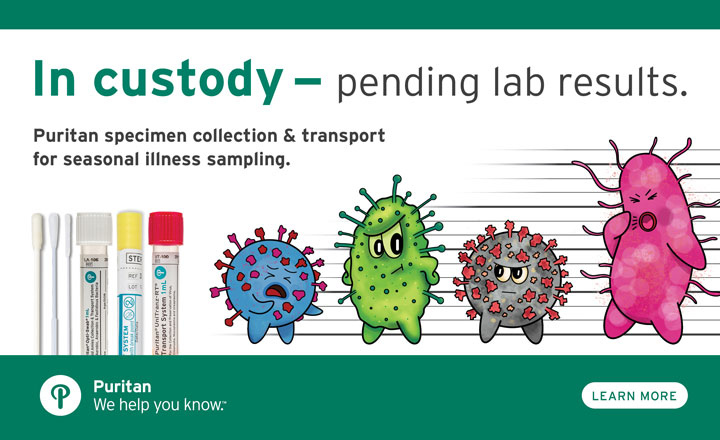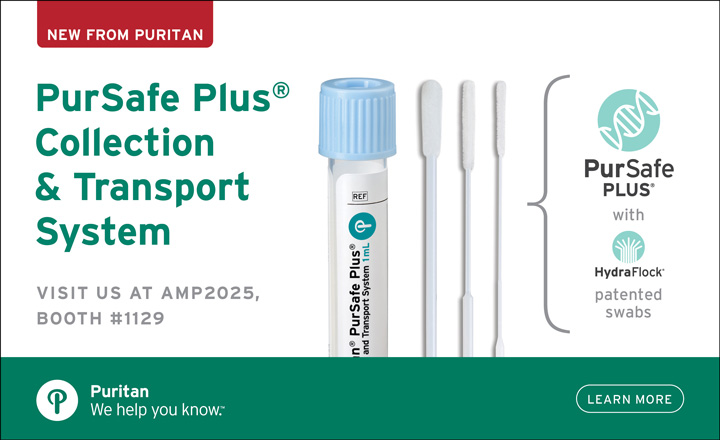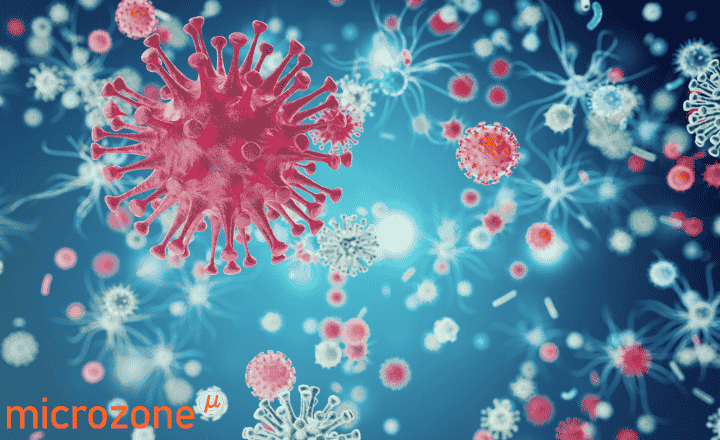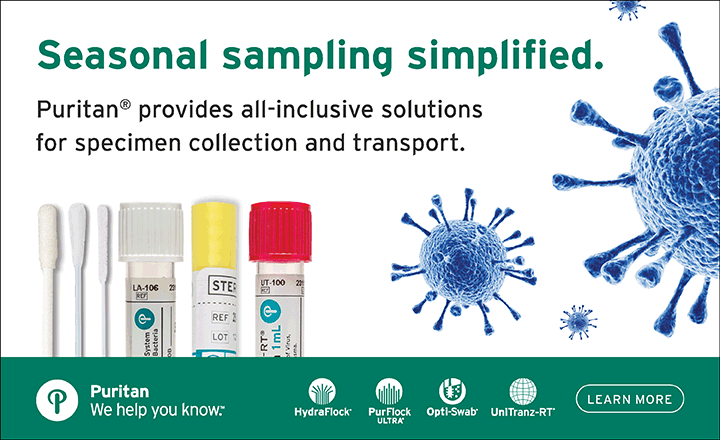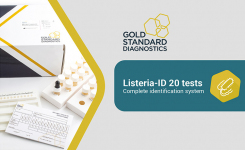The 221b Foundation, a nonprofit organization established by Sherlock Biosciences to address the global COVID-19 pandemic and diverse representation in STEM, announced an initiative with the Ministry of Health and Population (MoHP) in Nepal to control the spread of SARS-CoV-2 throughout the country.
With contributions from Sherlock Biosciences, Open Philanthropy, Integrated DNA Technologies and MoHP, The 221b Foundation will provide support to Nepal through financial assistance and donations of equipment and Sherlock™ CRISPR SARS-CoV-2 kits, which the country has designated as an essential diagnostic test for combating the pandemic. The total value of the donations is $200,000.
Dr Dig Bijay Mahat worked closely with Sherlock Biosciences and MoHP to introduce and facilitate Sherlock CRISPR SARS-CoV-2 testing kits in Nepal. In addition to his work with the coalition, Dr Mahat is also a research scientist in the lab of Nobel Laureate Phillip A. Sharp at the Koch Institute for Integrative Cancer Research at MIT.
According to MoHP, the daily COVID-19 positivity rate in Nepal is around 20-25%. Nepal’s capital, Kathmandu, and surrounding areas account for more than a third of all infections, raising concerns about hospitals' ability to support the growing need for ventilators and intensive care.
MoHP will supervise the testing with initial tests validated and run in the National Public Health Laboratory in Kathmandu. Initial efforts will support major cities, and the ramp-up to support country-wide testing is expected to occur over the next few months. With infections increasing at alarming rates, a national testing strategy is the foundation of Nepal’s effort to manage the pandemic.
“COVID-19 has become a severe threat to our national public health, and we have established a plan to contain its spread, which is built on a strong testing platform,” said Dr Jageshwor Gautam, the spokesperson for MoHP. “Sherlock’s CRISPR SARS-CoV-2 kit is ideally suited to address Nepal’s national diagnostic needs, and it represents one of many critical components in a broader plan that will successfully contain this pandemic.”
The coalition members have each committed to addressing the pandemic through testing, tracing, providing equipment or supporting communities most severely affected by the pandemic. The Sherlock CRISPR SARS-CoV-2 kit should provide capacity for a single site to run thousands of tests per day on simple and accessible equipment.
The SHERLOCK diagnostic platform can achieve single-molecule detection of nucleic acid targets; its name stands for Specific High Sensitivity Enzymatic Reporter unLOCKing. SHERLOCK utilizes CRISPR activity for “smart amplicon detection” and can be adapted for use with existing diagnostic instruments, improving time to result due to its significant multiplexing capacity.
When a specific DNA or RNA sequence is present, a CRISPR enzyme is activated and, much like a pair of scissors, starts cutting nearby genetic material, releasing a fluorescent signal that indicates a positive result. In May 2020, Sherlock received Emergency Use Authorization (EUA) from the U.S. Food and Drug Administration (FDA) for its Sherlock™ CRISPR SARS-CoV-2 kit, the first FDA-authorized use of CRISPR technology.
Please use the 'Request Information' button provided below for information on the CRISPR SARS-CoV-2 Kit.
Note: This content has been edited by a rapidmicrobiology staff writer for style and content.









